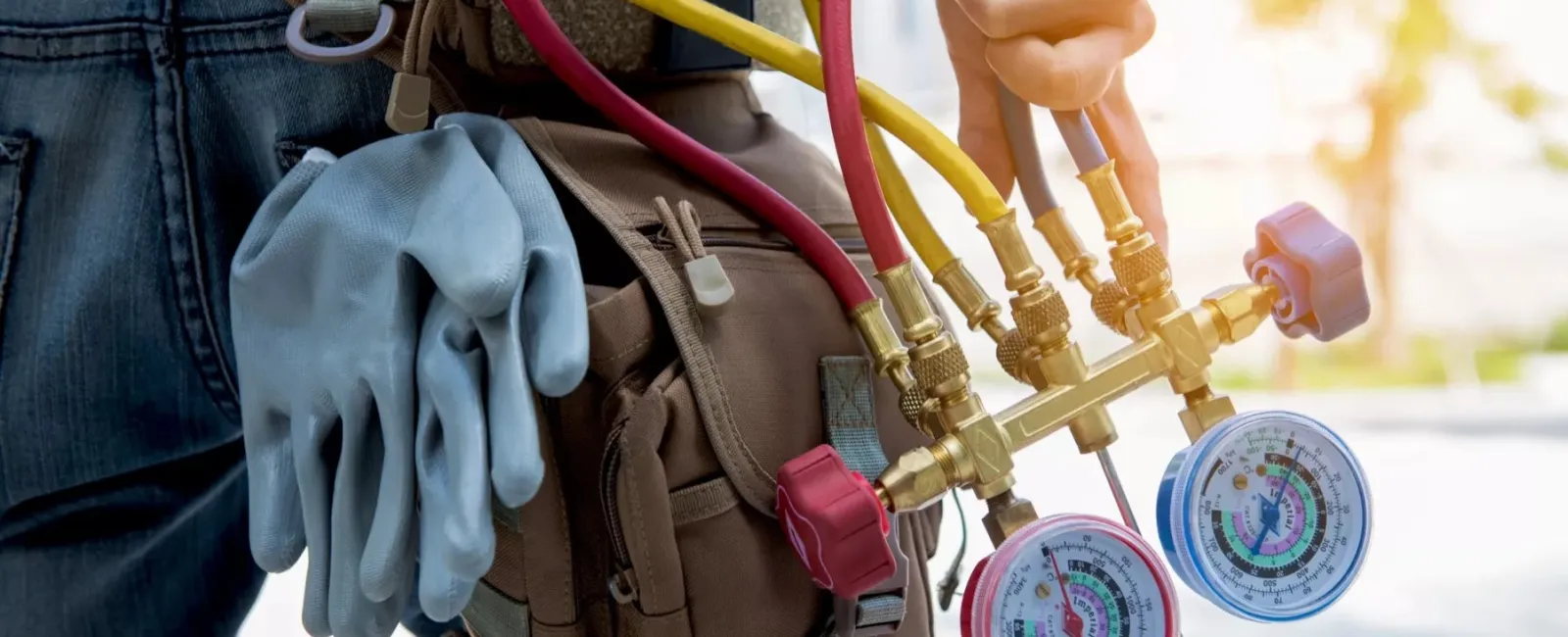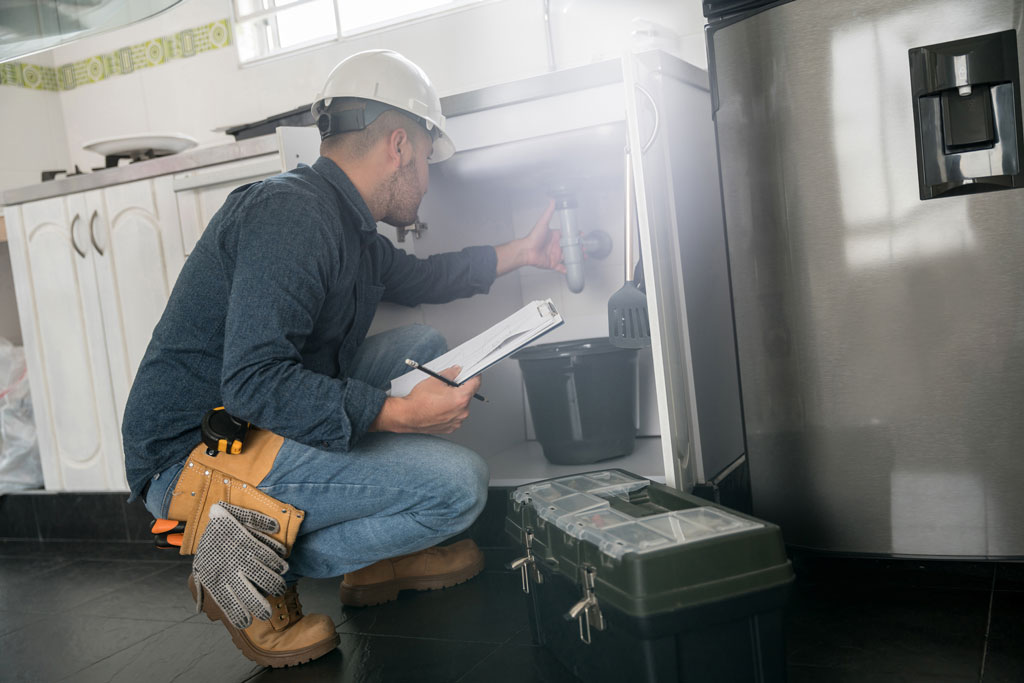Everybody maintains their personal idea involving What to Do During a Plumbing Emergency.

Plumbing emergencies can strike any time, creating anxiety and potential damages to your home. Whether it's a ruptured pipe, a clogged drainpipe, or a dripping faucet, knowing just how to take care of the circumstance until a specialist plumbing technician shows up can save you from more issues. This short article gives necessary emergency pipes ideas to help you mitigate damages and restore control throughout a pipes crisis.
Switch off the Water System
The initial step in any kind of plumbing emergency is to shut down the supply of water. For local problems, such as a leaking faucet or commode, shut off the valve near the component. When it comes to a major leak or ruptured pipe, locate your home's major water shut-off valve and transform it off right away. Knowing the place of these valves ahead of time can save useful time during an emergency situation.
Shut Off Your Hot Water Heater
In certain emergency situations, such as a burst pipeline, it's wise to turn off your water heater. This stops overheating or damage to the device when water stops moving. Turn off the power supply to the hot water heater (electrical or gas) and let it cool off to stay clear of prospective hazards.
Briefly Stop a Ruptured Pipe
A ruptured pipe can cause significant water damages in minutes. To minimize the issue:
Call an expert plumbing professional instantly to address the issue completely.
Have an Emergency Situation Plumbing Kit
Prepare a fundamental pipes emergency kit to manage small concerns effectively. Your set must consist of:
Having these tools available can make a considerable distinction in your capacity to take care of emergencies.
Unclog Drains Securely.
A clogged up drainpipe can be a frustrating and messy issue. Here's exactly how to tackle it:.
If these techniques don't work, avoid using extreme pressure, as it might get worse the clog.
Handle Overflowing Toilets.
An overflowing toilet can cause immediate chaos. Below's what you need to do:.
Address Tiny Leaks with Short-term Fixes.
Tiny leaks can quickly come to be substantial issues if left unchecked. Make use of these momentary fixes till professional aid shows up:.
While these repairs aren't permanent, they can aid reduce water loss and damages.
Deal With Frozen Pipes Very Carefully.
In colder environments, frozen pipelines are a common emergency situation. If you think an icy pipe:.
Know When to Call an Expert.
While quick fixes can aid briefly, particular plumbing problems call for immediate specialist attention. Call a plumbing technician if:.
Immediately speaking to a professional guarantees the problem is resolved correctly and avoids additional difficulties.
Prevent Additional Damages.
Taking fast action to reduce damages can conserve you money and time in the long run. Here's exactly how:.
Conclusion.
Pipes emergency situations can be frustrating, but with the right knowledge and tools, you can manage the circumstance efficiently up until assistance shows up. By shutting off the water system, resolving little leakages, and utilizing momentary solutions, you can lessen damages and keep your home safe. Bear in mind, these tips are short-term services; always consult a qualified plumber to handle the origin of the trouble. Prep work and fast reasoning are your finest allies in any type of plumbing emergency.
8 Helpful Tips for Managing Plumbing Emergencies at Home
If your plumbing system hasn’t failed once, wait for it because almost everyone has a story to tell. Sometimes, it could be simple emergencies such as a leaking pipe, a blocked cistern, or even a big burst pipe. In situations like this, you need to have some handy tips to save you some money and from possible damages.
Take care of minor issues early.
Sometimes, you could have avoided an emergency by taking proactive measures while it was still early. Some major plumbing emergencies can be a result of an ignored minor issue. We recommend that you have items like plumbing tapes and other related items. A plumbing tape can allow you to manage minor leaks before the plumber arrives.
Cut off the water supply.
This tip is essential in almost any type of leakage problem. For problems like minor leakages in the toilet or kitchen, turn off the supply that takes water to the affected pipes. If the leakage is a major pipe, you must shut off the supply valve to the entire building. This will help you avoid flooding your home and neighbors if you share a flat.
Know your plumbing system
Folks typically move into a new apartment without understanding the water supply around the building. This can prove disastrous if a water emergency arises and the plumber is far away. The previous tip will prove useless if you don’t practice this one. More importantly, know where your water shut-off valve is located – you’ll need that knowledge to prevent potential home floods.
Have some common handy tools
There are lots of plumbing emergencies that you can handle without hiring a plumber. That’s why you must keep some tools available always. Some tools that you can use to fix simple plumbing emergencies easily include plumbing tapes, screwdrivers, thread seal tapes, plungers, pliers, tape measures, and rubber gloves.
Insulate your pipes from cold
You’ll save yourself from many plumbing expenses if you protect your water pipes from the cold. This is because of the harmful effects that cold weather can have on your pipes. During winter, your pipes can burst from being overly expected to freezing temperatures. So, make sure insulators are there to keep the pipes working correctly.
Avoid practices that will clog your toilet.
Many people indulge in practices that can damage the plumbing system of the entire building. One of these is when they use their toilet to dispose-off garbage. They flush all kinds of things, such as paper towels, bandages, hairs, female sanitary products, etc., down the toilet. This will block your toilet in the long run, incurring unnecessary expenditures. Dump such waste in the trash instead.
Check your dials regularly.
Sometimes, there could be leakages in your home without noticing them in time. So, constantly monitor your water meter dial. If the dial is reading when there is nobody using water, this is an indicator that there is leaking. Check for leaks immediately. Call a plumber as soon as possible if you can’t find any.
https://www.constructionplacements.com/8-helpful-tips-for-managing-plumbing-emergencies-at-home/

We had been made aware of that editorial about through a buddy on our other web address. Do you know another person who is fascinated about the niche? Be sure share it. Thanks a lot for going through it.
Call Today